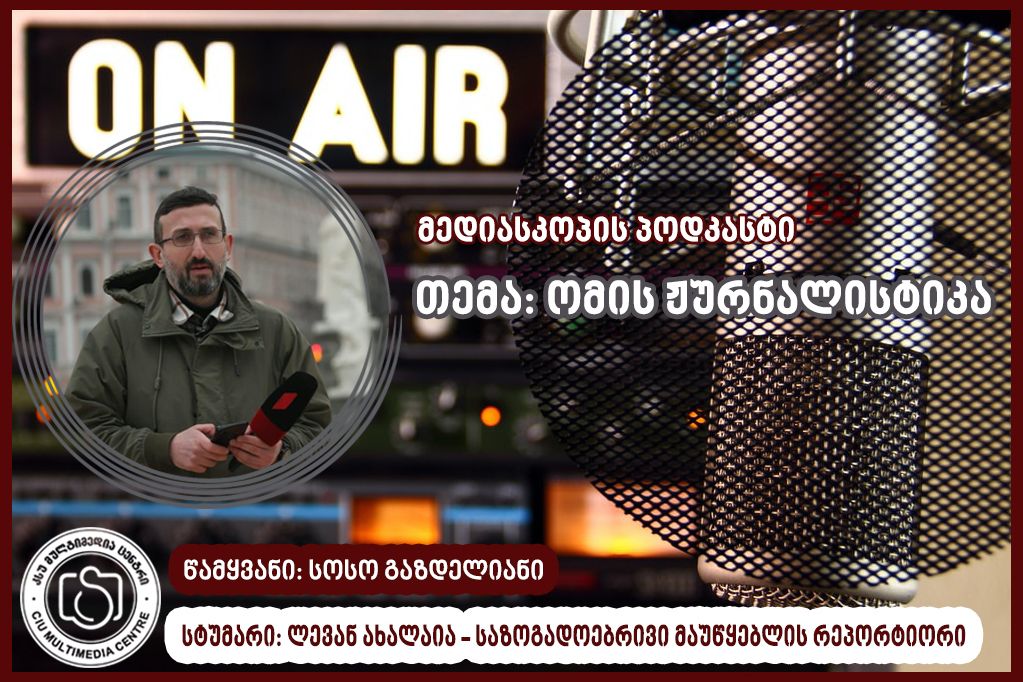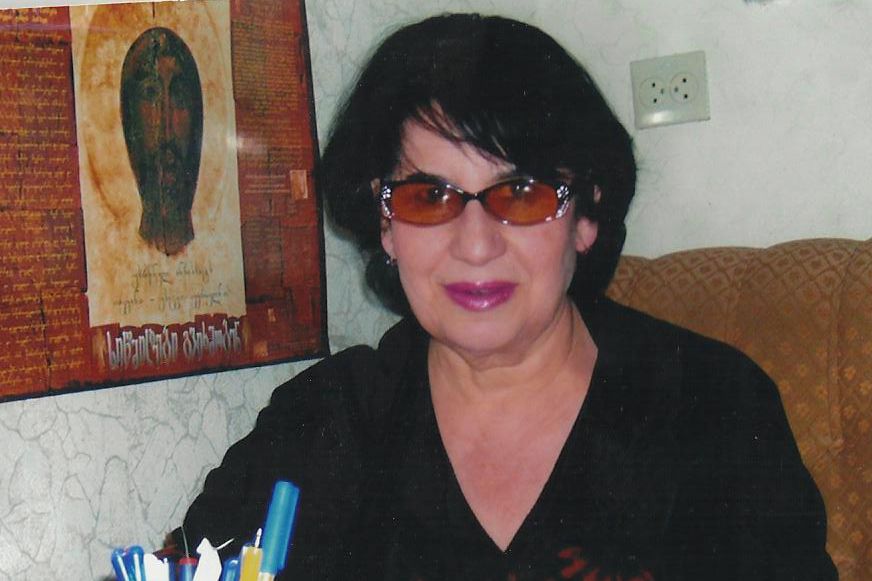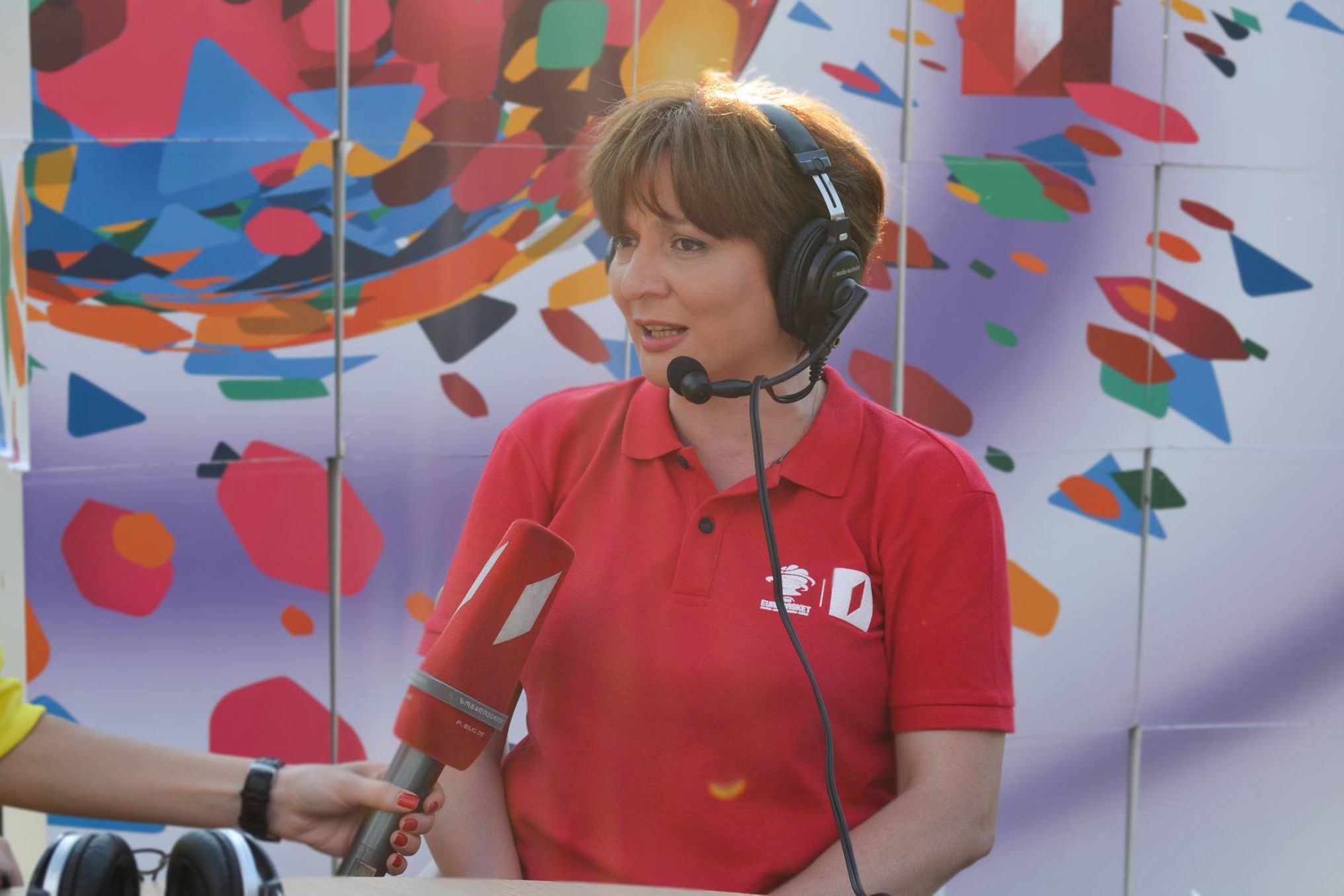Self-Isolation and Mental Health
One of the major challenges posed by the self-isolation due to Covid pandemic is to maintain mental health.
Depression, stress, anxiety disorders - this is a list of problems that many people have been suffering from in parallel with the ongoing processes in the world. One of the main reasons can be considered the maximum restriction of social relations, social distancing in order to protect one’s own health as well as others.
How to deal with boredom, anxiety, manage fears and temporarily live online - Natia Panjikidze, a psychologist, head of psychotherapy program at Psycho-Social Rehabilitation Center “Kamara” offers interesting tips.
What is the degree of anxiety in society and what has changed over time, what problems did people discuss in the first stage of the pandemic and what is the main problem now?
Initially, there was the anxiety caused by the unexpectedness and lack of knowledge, the feeling of alarm provoked by the sudden slowdown of the fast pace of life. Following the accumulation of knowledge, adaptation became better, although obviously a lot of discomfort, curfew, lockdown, lack of social life, unhappy country and the planet as a whole, and even physically, the use of face masks, reduce people’s hopeful mood and makes them less motivated as a whole. Obviously, there has been much more anxiety among the population whose job and income cannot be transferred online, and all of the above have been added to the lack of material security. There have emerged psychological problems that were activated or delayed by the closure among the clinically healthy population. According to the diagnoses, the pandemic affected the people with clinical conditions differently. In some cases, they felt better (e.g. sociophobes), in some cases the symptoms became more complicated.
How to protect ourselves from information overload (especially from negative news)?
To completely protect oneself from negative news is to disconnect from reality, so it is not at all recommended. Avoiding information overload is crucial. Therefore, it is better, as much as possible, to obtain information only once a day and try to avoid it is in the morning, at the symbolic beginning of life, or late in the evening, so that anxiety does not disrupt the sleep cycle.
How to move from an active social environment to isolation in order to avoid stress and mental problems?
Boredom is better than excessive risk of life, however small gatherings and even going out in nature is not forbidden. I had to visit New York in the winter, and this city, where life outside of home is usually vibrant, has really been effected by pandemic. People’s lives outside their houses have never been so active in Georgia, although obviously our life style has changed more than enough. We need to change our mood and realize that attending crowded parties, going to the movie theatres and drinking coffee in a cafe will definitely be possible again, but only if we survive the pandemic. Therefore, survival is currently our priority. We can avoid feeling isolated as much as possible in the epoch of the Internet.
What are the fears of people who have almost cut off direct contact and switched their lives online?
Online mode is also real life, or the beginning of real life. Young people can find love this way and make new friends. The children have been affected the most, for whom personal contacts are vital for the development of social brain. Parents should encourage the socialization of children in small groups. Adults who have already managed to make friends, learn friendships, are in a relatively better situation.
I wonder if it is common that being at home for quite a long time provokes conflict, disagreement, or tension directly between family members, and what type of advice do you give to people in this situation?
Being together for extended hours provokes conflicts, on the one hand, and facilitates bonding on the other. Nothing is unequivocally negative or positive. For those who live in a conflicting environment and have small living space, I recommend limiting personal space as much as possible and acquiring a culture of personal distance protection if there is even the slightest possibility of doing so.
How has the pandemic changed the content and nature of fears?
Those who have been infected with the virus obviously have a stronger or lesser sense of fear depending on how strong or weak their symptoms have been. A sick person is always more mobilized and concentrated on recovery. Excessive fear deprives us of our energy and is a waste of mental and physical resources. Therefore, we should all try to avoid this useless feeling, but to be so vigilant that we no longer feel the need to take maximum care of ourselves is also undesirable.
What is more appropriate, to hide the stress caused by the Covid pandemic or to talk about it with our friends, psychologists, or even people who already had Covid?
Sharing reduces stress and at the same time, it is accompanied by kindness – sharing experience, informing each other. Of course I mean sharing personal feelings and experience and not giving unprofessional medical advice to friends. In case of having more than moderate excitement, anxiety symptoms, it is better to consult a psychotherapist and, if necessary, to have a therapy.
Other News
 19 სექ
19 სექ 9:41am
9:41am
MEDIASCOPE - WAR REPORTING
 19 სექ
19 სექ 9:39am
9:39am
Mother Language Day
Mother Language Day is celebrated on April 14. 44 years ago, on this very day, the Georgian nation realized that the native language was a necessary tool for preserving identity and cultural heritage, and that this treasure was in real danger of being lost and disappearing.
 19 სექ
19 სექ 9:36am
9:36am
Sports Journalism as a Popular Field of Modern Media
Sports journalism had only a recreational function for some time. However, this approach has changed over time and today it occupies one of the most important places in the hierarchy of forms of journalism.